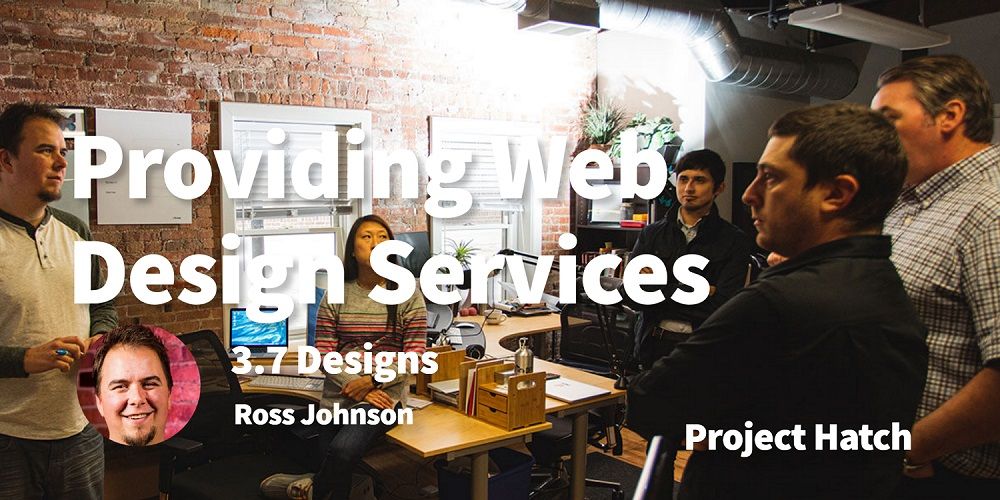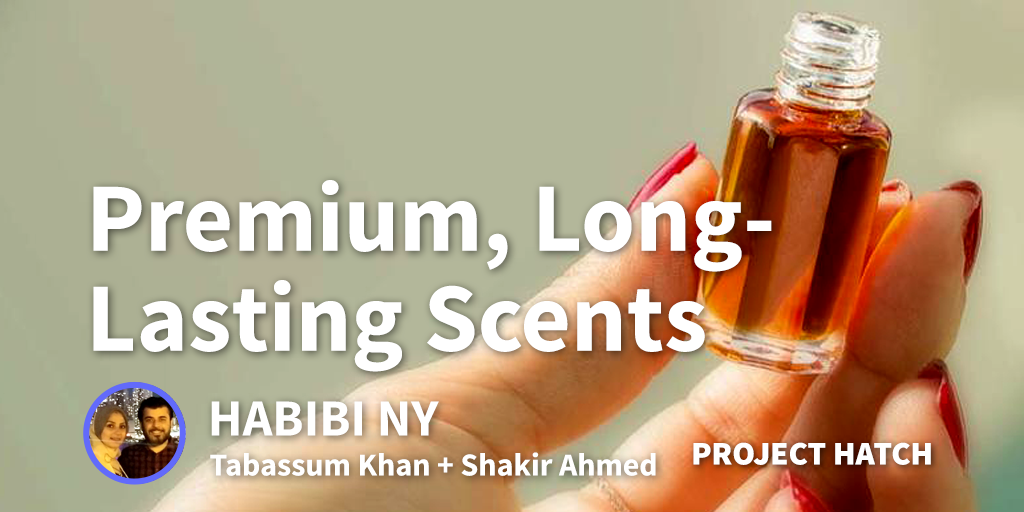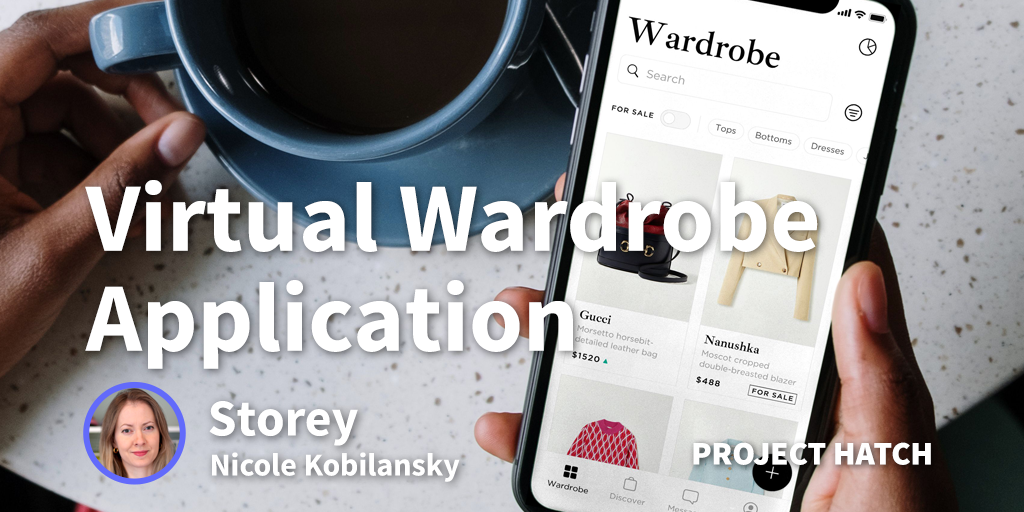I was a marketing and sales executive during the peak of the Flint, Mich., water crisis. I was meeting Christ Baggott, a mentor of mine for coffee (he was co-founder of ExactTarget and Compendium, two businesses that sold to Salesforce and Oracle, respectively). He asked me a simple question, “Megan, you’re the mom of two young kids have you ever thought of testing your water?”
I started wondering about the quality of water in my home, where I send my kids to school, etc. and more importantly how I could test it. So that night I sat on my couch and started market research. I called my water company and asked to get my water tested and they said they didn’t offer the service. I called a lab and they wanted to charge me $3000. I love my family, but that’s just ridiculous, especially since you’re supposed to test your water every 120 days.
I went back to Chris and said, “I think there’s something here.” So with another business partner that owned a couple of environmental labs, and $135,000 from friends and family, we founded 120WaterAudit (now 120Water). The original idea was to create a company that could provide affordable testing kits and lab-certified testing services that would be within reach for most homeowners.
I had spent my 15 year career helping cloud-based software companies grow, and I didn’t know anything about the water industry. So, I set out to learn everything I could about water quality and contaminants.
During this journey, I soon recognized that tap water testing was simply a bandaid for what ails our drinking water. The real issue was how to solve the problem of contaminated drinking water. Even if water contains no lead when it leaves the water facility, it can pick up lead when it enters the home through lead service lines and fixtures that contain lead components. To complicate things even further, there’s often disagreement about who owns the lead service lines: the water utility or the resident.
I quickly understood that testing is great, but remediation is better. I thought I could put my software experience to work in this area. So in 2018, I pivoted 120Water to take on the complex drinking water ecosystem with a platform that consists of cloud-based software, kits and services to simplify the management of drinking water quality programs for government agencies, public water systems, and facilities.
My biggest professional challenge occurred in 2019, as 120Water transitioned from ground floor start-up to a full-fledged business ready to scale. In order to achieve the kind of impact we knew was possible, the company required a new level of funding. As many entrepreneurs will echo, raising capital can be a long, cumbersome road riddled with setbacks.
I found the path to be even more daunting than anticipated given that 120Water doesn’t exactly fit the region’s technology-focused footprint. Many of the investors I pitched were looking for martech, pharma, and agriculture companies, none of which were the mold we fit. Our combination of physical sampling kits that work hand-in-hand with cloud-based software made us very different and difficult to understand.
After talking to over a hundred VCs globally, 120Water found three ideal partners in HG Ventures, Allos Ventures, and Greenhouse Capital and closed a $7 million Series A round in August 2019. This was the largest funding round by a female founder in Indianapolis history.
Who is your target demographic?
120Water is a platform of cloud-based software and digital kits that government agencies, water systems and facilities use to manage their drinking water programs. The company positions itself as providing a TurboTax-style solution for compliance management, and an Amazon-style service for kit fulfillment.
The water industry historically has been rather low-tech. Water quality programs often are run manually. Data is kept on index cards, ledgers or spreadsheets by various departments, including billing, operations and GIS. In addition to introducing risk, when something goes wrong, it can be nearly impossible to isolate the problem and notify affected customers in a timely manner.
For example, utilities often don’t know the locations of lead service lines in their communities and who is responsible for remediation of these lines. As a result, more than 10% of all water systems in the U.S. have violated lead copper rule monitoring and reporting requirements in the past three years. New rules under consideration will require consumers to be notified within 24 hours if their water tests positive for lead, and most water managers are not equipped to do this.
What have you learned?
Along the way, I learned the importance of saying no when the fit wasn’t right, defending the business plan with conviction, and refining my strategy while standing up for our big picture vision. I’ve learned that the cloud software model of offering software and services can be applied to just about any industry, even water. For instance, we quickly understood that siloed data was creating problems for water managers, so our platform consolidates and digitizes these data silos.
We can apply technology to identify where lead service lines may be located using a predictive modeling tool. We also can automate the distribution of testing kits, and communicate the results to residents.
How do you protect yourself from competition?
We do not have any patents but have filed trademarks for our logo and some of our product lines. Our approach to competition is twofold: research and innovation. Spotting where there are gaps in the needs of the market, validating those gaps with our customers, and then leaning into our findings with speed and accuracy.
What are the top 3-5 apps your business could not run without?
Slack - helps us respond quickly, communicate instantly, and keep relevant people informed faster than we can through email
Zillow - integrations allow us to hone our locations and predictive modeling to find where lead service line inventories may appear
We also use G-suite, Zappier and Hubspot.
What are your favorite books?
Troubled Water by Seth Siegel has been an influential book for us as a company in articulating the problems. It’s required reading for all of our employees.
Other books I rely on include Innovator's Dilemma, The Third Wave: An Entrepreneur's Vision of the Future, and The Hard Things about Hard Things.
What are your next steps for 120Water?
Analysts estimate that $93 billion will be spent on digital water technology between now and 2023 to address our nation's most critical assets. We’ve historically focused on digital solutions exclusively for drinking water programs that involve lead sampling, a $5.1 billion market. By expanding our offering to test for PFAS, arsenic and other contaminants, we can compete in a market three times that size.
Now more than ever, amidst changing regulation and evolving threats to drinking water safety, water professionals need modern tools to stay ahead of emerging public health threats. From contaminants to conservation, water professionals need a holistic digital approach to stay compliant and in control.
We are poised to scale. Today, 120Water serves clients in more than 31 states, and our software has been used to track contaminants on more than 180,000 taps. Our water solutions have protected the drinking water of more than 5 million people in cities including Chicago, Denver and Pittsburgh.
| Company Name: | 120Water |
|---|---|
| Founder: | Megan Glover |






